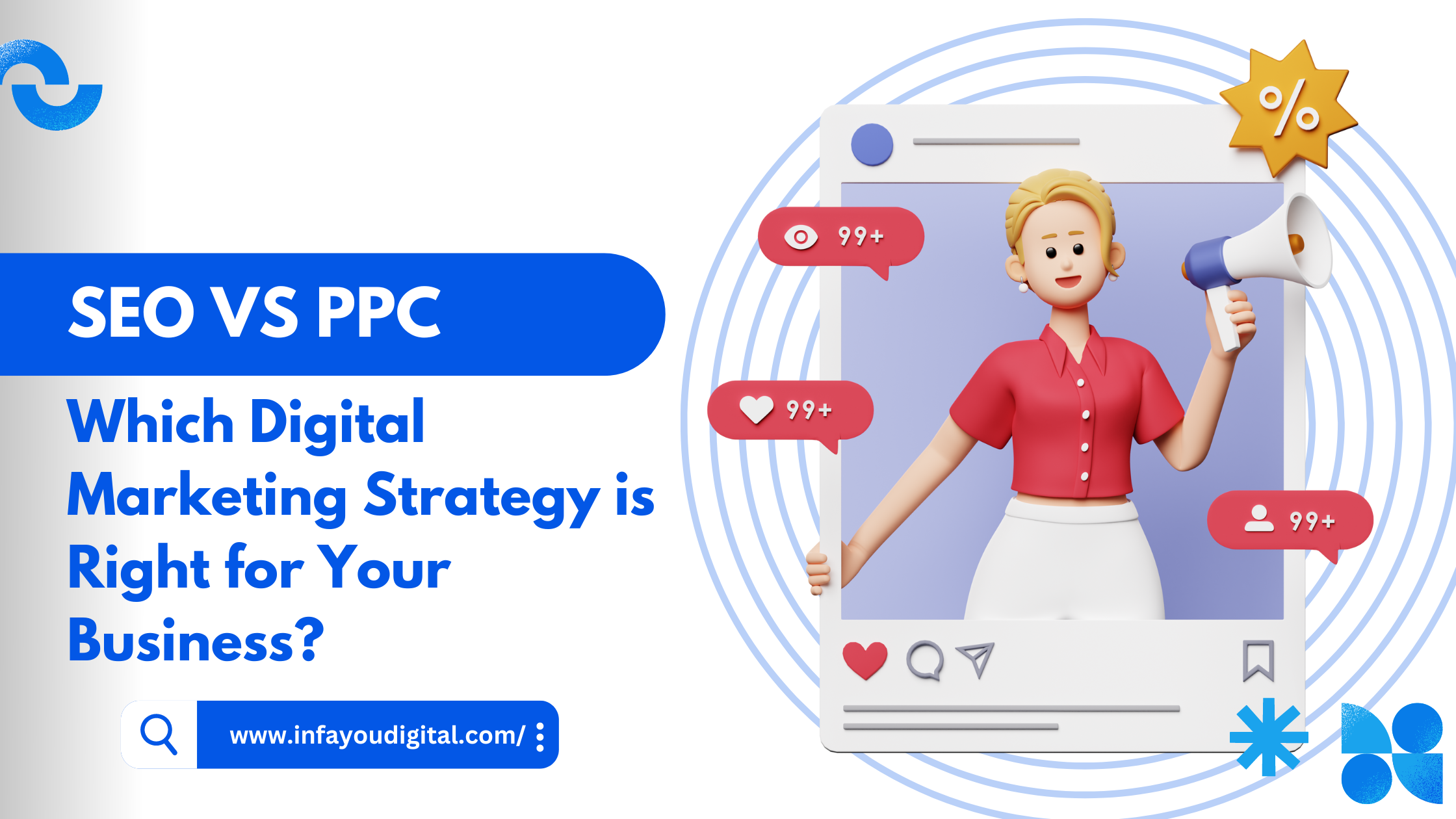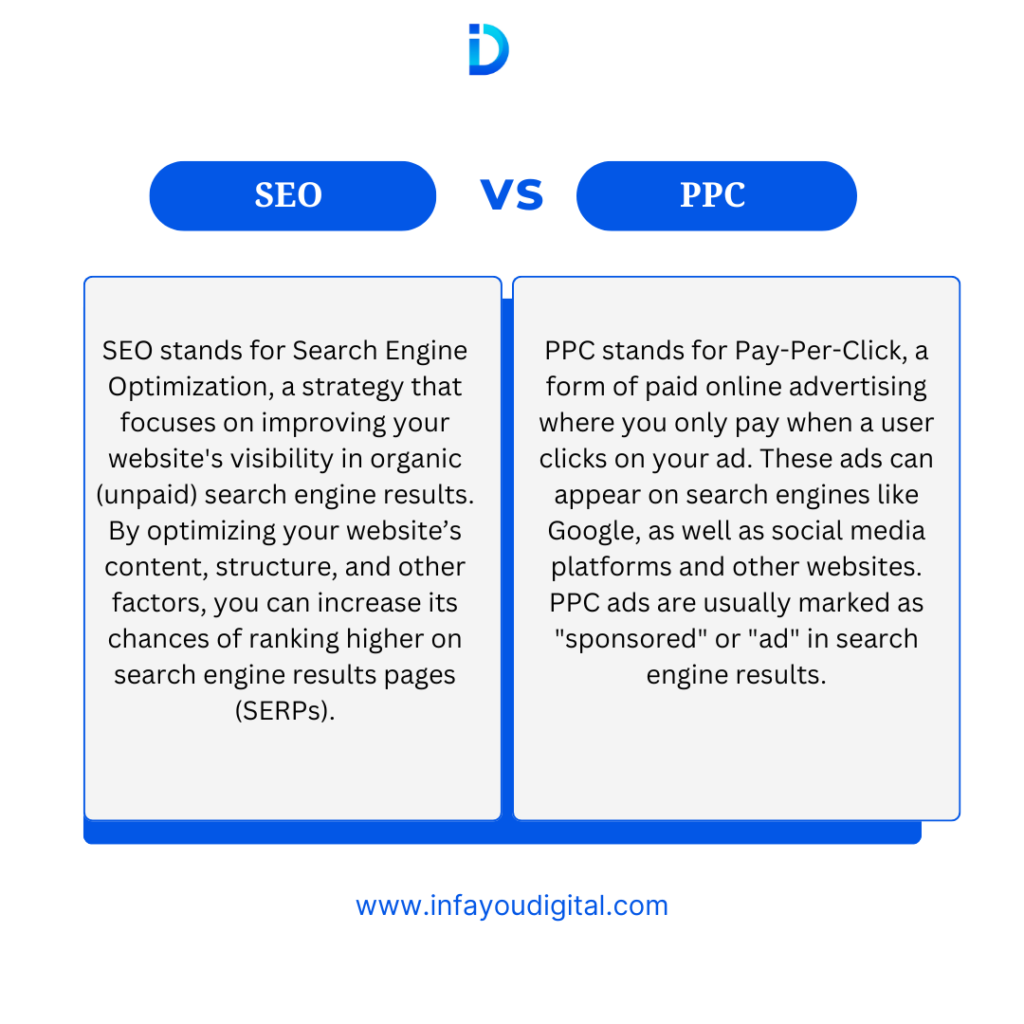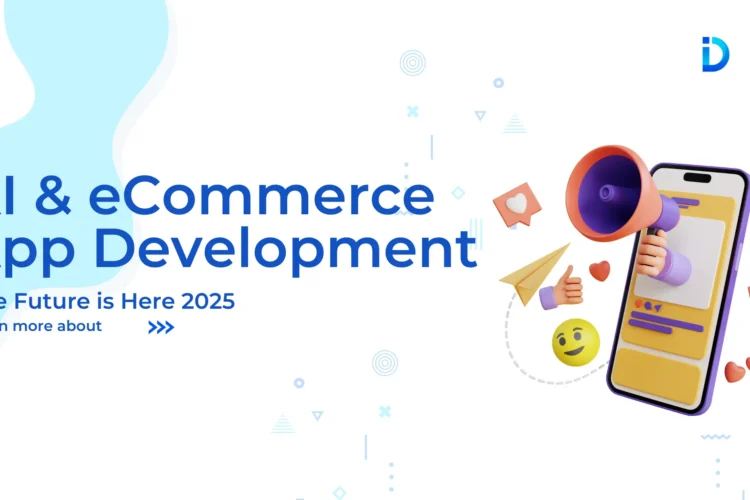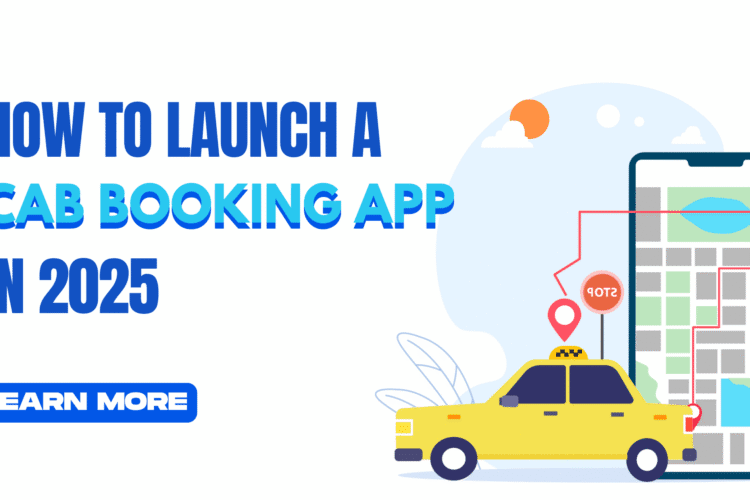
SEO vs. PPC: Which Digital Marketing Strategy is Right for Your Business?
In today’s rapidly-changing world of online marketing, companies frequently have to choose between SEO (Search Engine Optimization) and PPC (Pay-Per-Click) marketing. Each strategy has its advantages However, selecting the most effective option is dependent on your company’s objectives, your budget and the time frame.

What is SEO?
SEO is the method of enhancing your site and content for higher ranking in search engine results that are organic. Utilizing relevant keywords, enhancing website speed and improving the user experience, companies can improve their visibility on search engines such as Google.
Benefits of SEO
-
- Long-term results In contrast to PPC in which visibility ceases when the budget is exhausted, SEO offers long-lasting results. When you have a high ranking and maintain your position, you will be able to keep visitors without spending a constant amount.
-
- Cost-effective while SEO involves an initial commitment of both time and funds however, it is often efficient in the long term in comparison to PPC in particular for smaller companies.
-
- Credibility and trust The organic ranking of results creates trust with the people. The majority of people click on organic results more often than on paid ads and view them as more trustworthy.
-
- More Website Traffic Strategies for SEO that are effective could drive substantial visitors to your website and target users looking for your services. provide.
Downsides of SEO
-
- takes time SEO is a method that takes time. The results could take a few months to show in the beginning, which is unfavorable for businesses that are seeking immediate results.
-
- Continuous updates Search engines often change their algorithm, which means that your SEO strategies must continually refined to ensure the rankings.
What is PPC?
PPC (Pay-Per-Click) is an advertising method that is paid for where firms bid for keywords and then pay for every click that their advertisement receives. The ads are usually placed on the top of the search results page (SERPs) in addition to organic results.
Benefits of PPC
-
- immediate results: PPC campaigns can increase traffic to your site immediately, which is ideal for companies looking to gain rapid visibility and instant leads.
-
- targeted audience: PPC allows for targeted audience selection based on elements like device, location as well as the moment of the day. It ensures that ads get to potential customers in precisely the time.
-
- Achievable ROI: PPC platforms like Google Ads provide detailed performance analyses, enabling you to measure your ROI (ROI) immediately.
-
- Control of Budget with PPC, you are in complete control of the amount you spend. It is possible to define weekly, daily, or even monthly budgets, making PPC a flexible solution for budgets of all sizes.
Downsides of PPC
-
- It is expensive In the Long Run: While PPC may yield results quickly, the cost can quickly increase, particularly in industries that are competitive and in which bids for keyword phrases are very high.
-
- short-term visibility After your ad budget has been exhausted the visibility of your ad disappears. The need for continuous investment is in order to ensure that you are able to convert traffic.
- Click Fraud Risque A few businesses fall into the trap of click fraud when bots or competitors visit their websites and waste advertising expenditure.
SEO vs. PPC: A Comparison
| Factor | SEO | PPC |
|---|---|---|
| Cost | Lower long-term cost | Higher long-term cost |
| Time to Results | Slow, long-term | Fast, immediate |
| Traffic | Organic, free traffic | Paid traffic |
| Sustainability | Sustainable over time | Ends when budget is exhausted |
| Trust | High user trust in organic results | Lower trust, as users know it’s an ad |
| Control | Less direct control over traffic | Full control over ad visibility |
Which Strategy is Right for Your Business?
Making a decision between SEO as well as PPC is based on a variety of aspects:
When to Use SEO
-
- If your goal is to create the long-term and sustainable flow of traffic, you must also build the credibility of your site.
-
- If you’re on a strict budget, but you are prepared to commit time and energy to reap future rewards.
-
- In the event that your field is not extremely competitive, this makes it easy to be ranked organically.
When to Use PPC
-
- You’re in need of immediate traffic and want to create leads or sell quickly, you’re in the right place.
-
- If you’ve got the money to succeed in a market.
-
- If you wish to reach the right audience at a certain time or at specific locations.
Combining SEO and PPC for Maximum Impact
For the majority of businesses it is best to mix SEO and PPC methods. This approach to hybridization lets you gain instant exposure via PPC while also focusing on building lasting organic traffic via SEO. If you do it correctly they can compliment the other and result in greater overall outcomes.
How They Complement Each Other
-
- Keyword Information: PPC campaigns can give you valuable data on keywords that you can use to improve the SEO strategy.
-
- Greater Visibility Combining both guarantees that your website will be visible in both paid and organic outcomes, thereby increasing the chances to capture clicks.
-
- Remarketing Make use of PPC in order to retarget users who first discovered your website through organic searches and bringing them back to your page.
Conclusion
The two methods of SEO as well as PPC each have distinct benefits and drawbacks. Which one is best for your business is dependent on the objectives, budget, and timing. To ensure long-term growth, ecommerce SEO is essential, however when you want results in a hurry, PPC can provide instant recognition. A lot of businesses have success combining the two methods to achieve maximal reach and efficacy.


